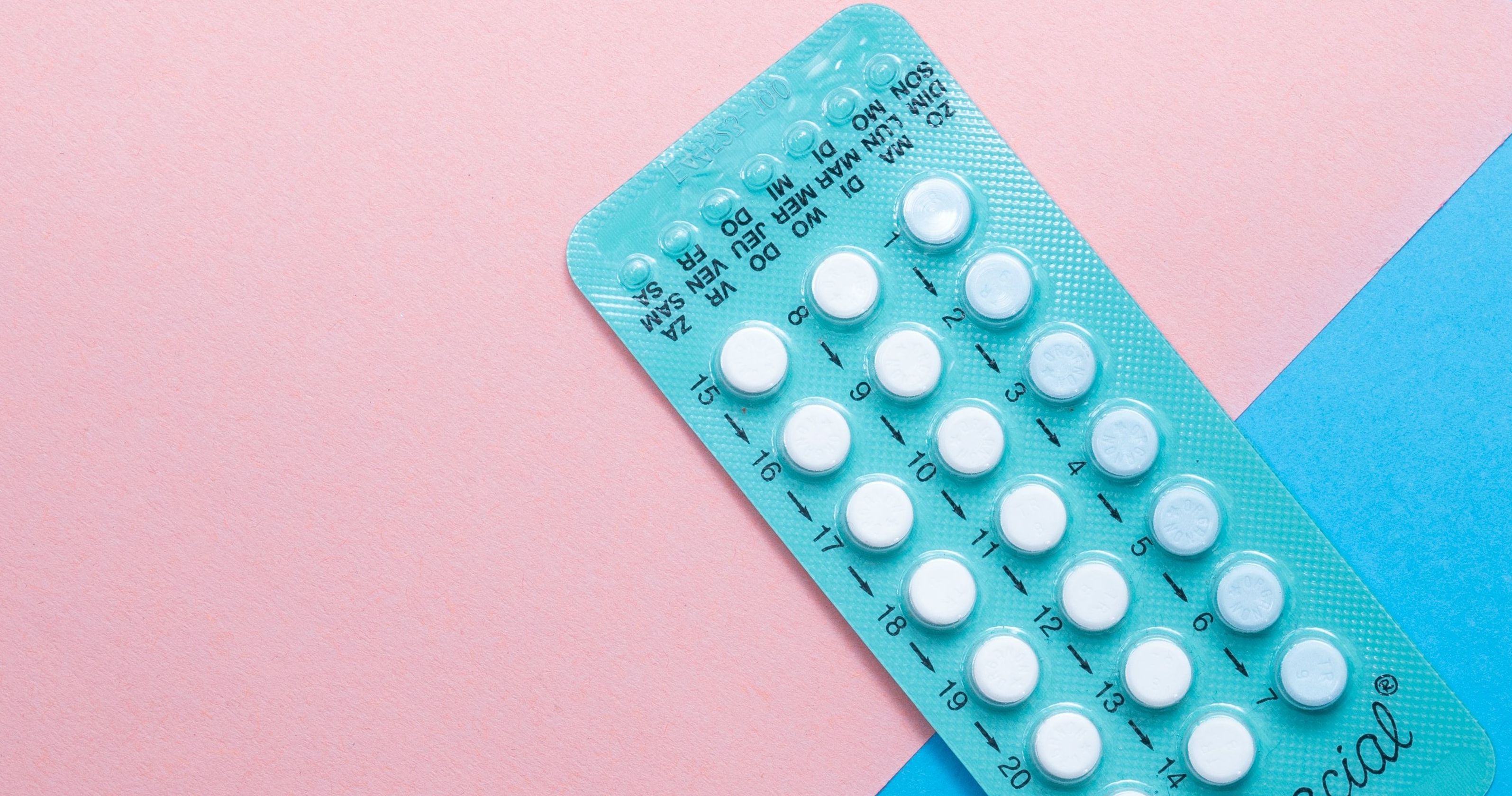No one wants to have a hormonal imbalance, but how do you know they’re out of sync? What can you do to restore the balance of your hormones?
Hormonal imbalance may occur due to a range of unwanted symptoms:
- Weight gain
- Fatigue
- Low mood
- Itchy skin
Hormones are chemical compounds produced by glands in the endocrine system. These compounds are released into the bloodstream, which can create an imbalance. Too much or too little hormones in the body means that a hormonal imbalance happened.
Are hormones important for the body?
Yes. They help regulate many different processes in the body, including appetite, sleep, sexual function, mood, body temperature, etc. It does not come out as a surprise that even a minor imbalance can have a significant impact during puberty, menstrual cycle, menopause, or pregnancy. This can also affect your lifestyle and certain medical conditions you might have. What is important to notice is the symptoms you get from hormonal imbalance. Only a qualified healthcare professional can give you the proper treatment. This might include using medication or therapy. Of course, lifestyle changes are most important when it comes to restoring the balance of your hormones and your health.
Here are the signs of hormonal imbalance to look out for
Mood changes: The estrogen, which is a female sex estrogen, has an effect on neurotransmitters in the brain. Variations in estrogen can cause premenstrual syndrome or make someone feel depressed during perimenopause and menopause.
Perimenopause: the phase before the period stops.
If you ever feel low self-esteem or anxiety, then lifestyle changes and some exercise might help you improve your mood and health. Also, quitting alcohol and smoking can improve your mood. Keep a diary with all the lifestyle changes you’ve made and address your doctor after a while for a consultation. If you see any positive results, it means that you should keep going with the routine.
Insomnia: During perimenopause and menopause, your ovaries start to produce less estrogen and progesterone. These two compounds promote sleep, but falling estrogen may cause poor-quality sleep, which also leads to a lack of energy and fatigue. Getting an accurate treatment will restore the levels of estrogen in your body, therefore, improve your sleep.
Weight gain: Hormone-related conditions can cause weight gain, especially if your thyroid gland does not produce enough hormones, which help regulate your organism. Polycystic ovary syndrome it’s a hormonal problem that causes small cysts on the ovaries. This can lead to hormonal changes, which might also make you gain weight, especially around your abdomen.
Skin problems: Adult acne is a sign of low levels of estrogen in the body, and high levels of androgen hormones, which can indicate polycystic ovary syndrome. The skin can feel dry and itchy: is a symptom of thyroid problems. A persistent skin problem is caused by hormonal imbalance, so it’s crucial to consult a health expert to receive the treatment option for your underlying problem.
Other than this, many women might experience headaches, fertility problems, vaginal dryness, and weak bones.
Testosterone plays a vital role in male development. If you don’t produce enough testosterone, you may experience hormonal imbalance. Symptoms of hormonal imbalance in men:
- Breast tenderness
- Loss of muscle mass
- Erectile dysfunction
- Gynecomastia
- Difficulty focusing
- Hot flashes
- Decrease in beard growth
There are many causes of a hormonal imbalance, depending on which hormones are affected. Common causes include:
- Stress
- Hormone therapy
- Medications
- Tumors
- Eating disorders
- Injury
- Trauma
- Cancer treatments
These conditions might be caused by hormonal imbalances, which can lead to further hormonal imbalances, which includes:
- Diabetes 1 or 2
- Thyroiditis
- Cushing syndrome
- Congenital adrenal hyperplasia
- Hyperthyroidism
- Addison’s disease
Unfortunately, for those suffering from hormonal imbalances, there is no single test available that doctors can take and diagnose a hormonal imbalance. It is necessary a physical exam first, so it’s best to make an appointment with your doctor. Be prepared to describe every symptom you have, along with a list of supplements, medications, or vitamins you are currently taking.
Depending on your symptoms and on the results of your blood tests, you will receive treatment. Sometimes, more advanced tests might be requested, such as:
- Biopsy
- X-ray
- MRI
- Thyroid scan
- Sperm count test
If you are experiencing symptoms of hormonal imbalance, find more here about what to do further.
There are many treatment options available for a hormonal imbalance, including:
- Hormonal replacement therapy
- Vaginal estrogen
- Hormonal birth control
- Testosterone therapy
- Anti-androgen medications
- Thyroid therapy
Some other natural remedies include:
- Yoga
- Losing weight
- Decrease vaginal discomfort
- Eating well
- Avoid spicy food or too hot beverages
Hormonal imbalance and acne
Acne can occur due to hormonal imbalance. Cause of acne – excess of oil production, which clogs the pores and leads to acne. It is the most common symptom due to hormonal imbalance. Acne can occur on the face, shoulders, back, and chest. Acne can occur mostly during puberty, but there is actually adult acne which mostly appears due to hormonal changes.
Acne is common for both women and men.
Most people associate acne with puberty, but many adults are affected by this skin condition (about 50 million Americans). However, both men and women can experience it differently. Men are more prone to acne on the chest, back, shoulders, and arms. Excessive sweating can increase the severity of acne, especially during the hot days of summer. Female acne is the result of higher oil production by the skin, which results in clogged pores and thus, acne. The estrogen and progesterone hormone fluctuations can cause excessive oil production in the pores. Women can get deeper acne around the face, neck, chest, and back.
The bottom line
Your hormones are included in every aspect of your health. Without them, your body wouldn’t function properly. However, hormonal imbalance may occur, which increases the risk of obesity, heart diseases, diabetes, and other health problems. Aging and other factors aren’t controllable, but there are many steps you can follow so you can help your hormones function properly.

